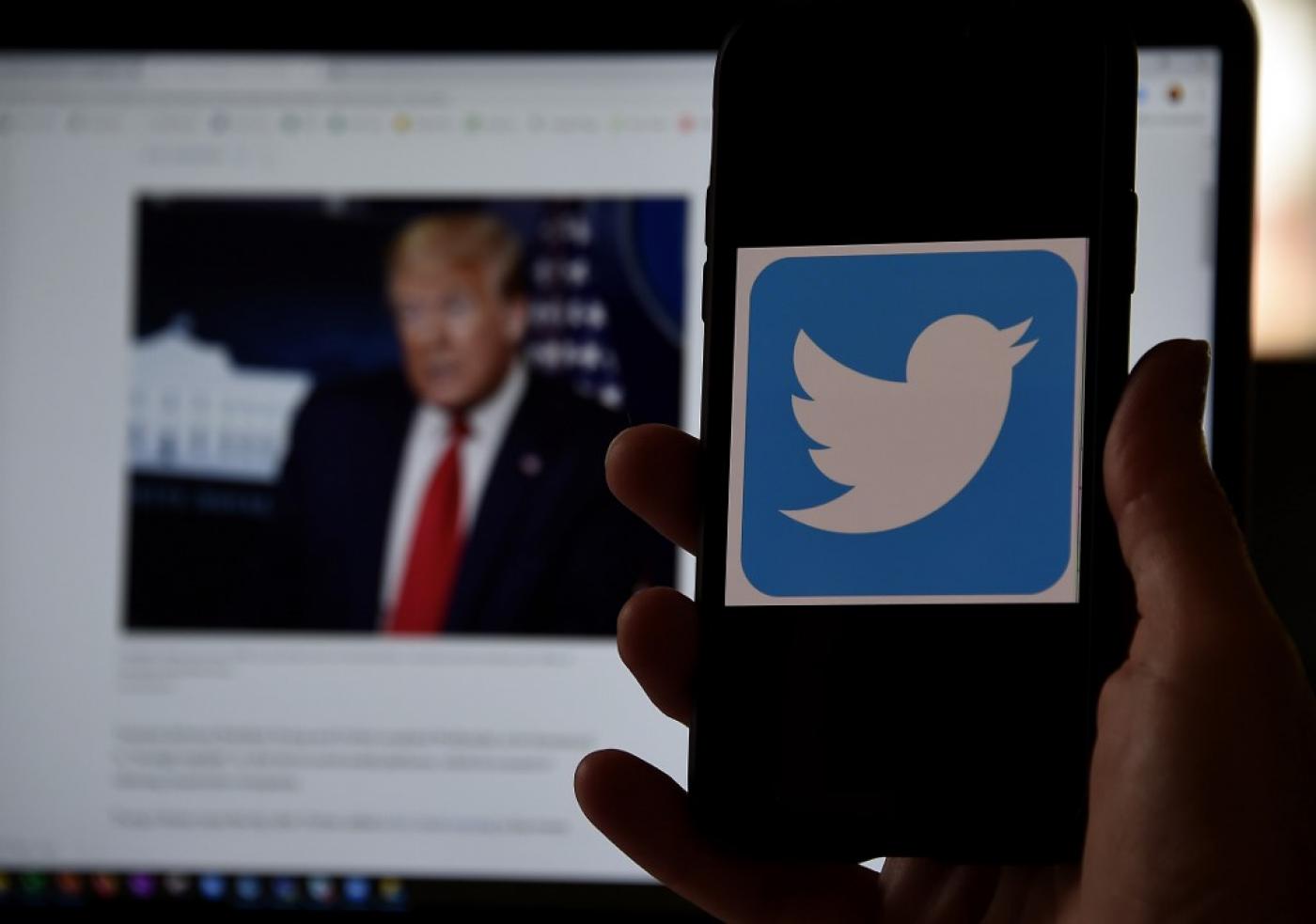US Presidential Debate: Twitter removed 130 accounts linked to Iran

The accounts were trying to disrupt the public conversation regarding the debates, Twitter says, based on information provided by the FBI.
Twitter removed about 130 accounts on Tuesday that were trying to disrupt public conversation regarding the first US presidential debate. The accounts, which appeared to originate in Iran, were removed based on intelligence provided by the FBI, Twitter said in a tweet.
“We identified these accounts quickly, removed them from Twitter, and shared full details with our peers, as standard,” Twitter said in a tweet. “They had very low engagement and did not make an impact on the public conversation.”
The account removals are part of Twitter’s efforts to tamp down on misinformation being shared on the platform. Twitter’s fight against misinformation campaigns started in 2018 when it deleted more than a million fake accounts.
The FBI confirmed it provided information to Twitter in an effort to protect national security and the democratic process.
“Although we cannot discuss the specific information provided, the FBI regularly shares information with social media companies so they can better protect their platforms,” a spokesman in the FBI’s San Francisco field office said in a statement. “The FBI is actively engaged with our federal partners, election officials and the private sector to mitigate foreign threats to our nation’s security and our elections.”
Iran has been a frequent source of concern for Twitter. The company said in June 2019 it had removed 4,779 accounts linked to the Iranian government and added more data from account takedowns to a public database. That includes content from four fake accounts that Twitter removed that were tied to a Russian troll farm called the Internet Research Agency.
Tensions between Iran and the US escalated earlier this year following US military strikes in response to a rocket attack that killed an American civilian contractor at an Iraqi military base. Iran’s government vowed to strike back, and cybersecurity experts warned that Iran could choose a cyberattack to retaliate against the US.
US officials have already warned about a rampant disinformation campaign from China, Russia and Iran to influence the 2020 presidential election. Officials have warned that these efforts could include creating fake websites to show unofficial “winners” of the election, hacking existing poll-tracking websites to alter the results or spreading disinformation on social media to challenge the outcome.





